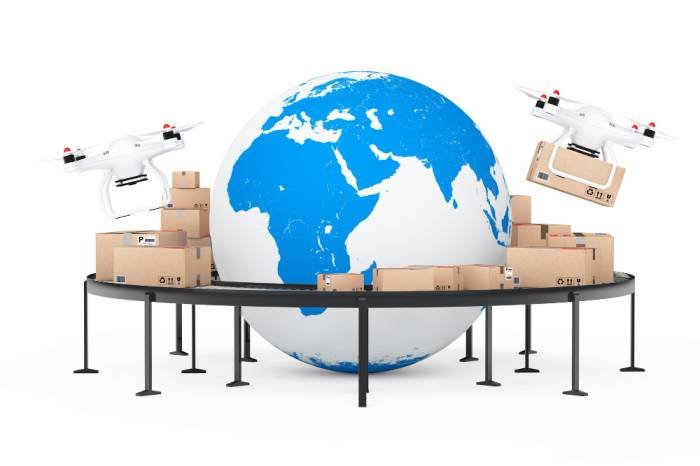In our global world, goods easily cross borders. Freight forwarders play a key role in keeping global trade flowing. These important but often unrecognized workers manage complex logistics. They ensure products are delivered on time and efficiently. Cloud technology is a major tool they use. It boosts their operations, making them more effective and agile.
The Complex Tapestry of Global Commerce
Global commerce is a complex tapestry woven with threads of raw materials, finished products, and components that crisscross the globe. Manufacturers source materials from different continents, assembly plants bring together disparate components, and finished products embark on journeys that involve multiple modes of transportation, customs procedures, and regulatory compliance. This intricate ballet's orchestration falls squarely on freight forwarders' shoulders.
Cloud Technology: The Game-Changer
One of the most significant game-changers in the realm of freight forwarding is cloud technology. Traditionally, the logistics industry has been bogged down by paperwork, manual processes, and a lack of real-time visibility. Enter the cloud, a virtual realm that revolutionizes the way data is stored, processed, and shared.
- Real-Time Visibility and Collaboration
Cloud-based platforms empower freight forwarders with real-time visibility into every stage of the supply chain. From order placement and shipment tracking to customs clearance and final delivery, stakeholders can access up-to-the-minute information. This newfound transparency enhances collaboration among various parties, including shippers, carriers, customs brokers, and consignees, leading to smoother operations and faster issue resolution.
- Data-driven Decision Making
Freight forwarders deal with an avalanche of data daily, ranging from shipment details to compliance requirements. Cloud technology allows them to process this information rapidly and derive actionable insights. By harnessing the power of data analytics, forwarders can optimize routes, forecast demand, and identify potential bottlenecks, thus making informed decisions that contribute to overall supply chain efficiency.
- Agility in the Face of Change
The global trade landscape is dynamic, with geopolitical shifts, regulatory changes, and unforeseen events impacting operations. Cloud-based systems provide the flexibility and scalability needed to adapt to these changes swiftly.
Whether it's adjusting to new customs regulations or rerouting shipments due to unexpected disruptions, cloud technology equips freight forwarders with the agility to navigate the complex waters of global commerce through transport management systems.The integration of cloud technology, including a cutting-edge transport management system, ensures that logistics professionals have real-time visibility and enhanced decision-making capabilities to navigate global commerce with unparalleled efficiency.
Challenges and Opportunities
While cloud technology has undeniably transformed the freight forwarding landscape, it is not without its challenges. Cybersecurity concerns, data privacy issues, and the need for standardized platforms are hurdles that the industry must grapple with. However, these challenges also present opportunities for innovation and collaboration within the sector, as stakeholders work together to create secure, interoperable, and standardized cloud solutions.
The Future of Freight Forwarding
As we stand at the cusp of a new era in global commerce, freight forwarders continue to evolve, propelled by advancements in technology. One facet of this transformation is cloud-based solutions, but their impact is undeniable. Looking ahead, we can expect further integration of technologies such as artificial intelligence, Internet of Things (IoT), and blockchain, each playing a pivotal role in shaping the future of freight forwarding.
With cloud technology as a catalyst for change, freight forwarders are not only adapting to the demands of the modern supply chain but are also steering it towards greater efficiency, resilience, and innovation. As global commerce continues to expand its horizons, the collaborative efforts of freight forwarders and the transformative power of technology will remain instrumental in keeping the wheels of international trade turning.



